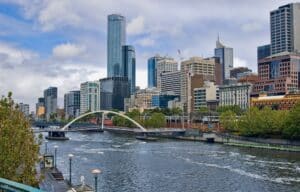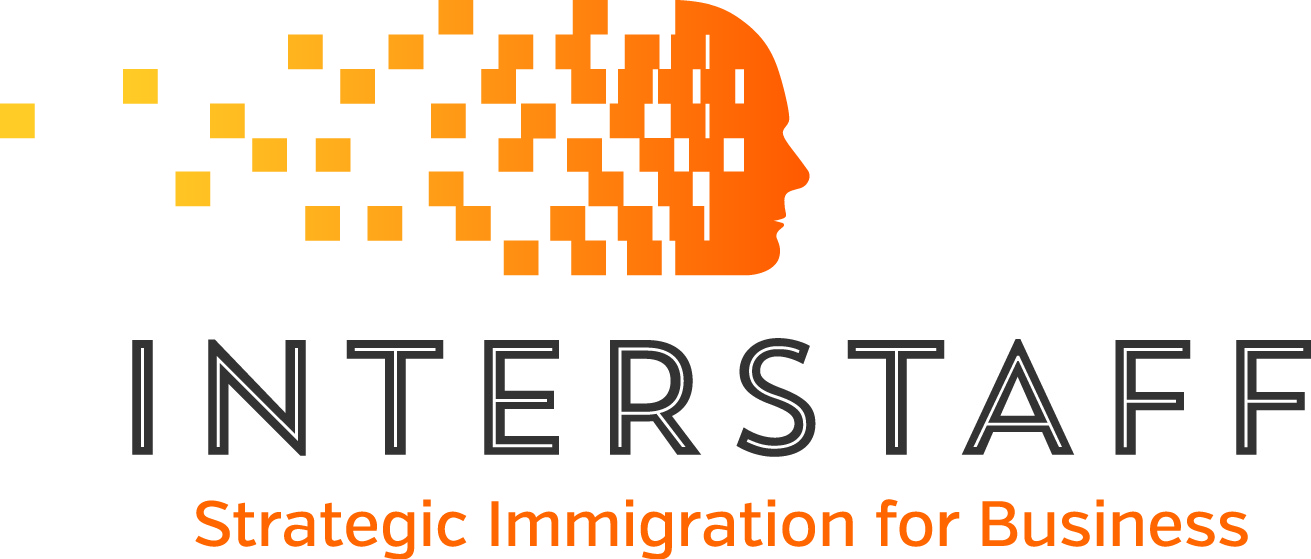What The Federal Budget Announcements Mean For Australia’s Migration Program

Written by Sheila Woods of Interstaff 20 October, 2020
While Australia’s migration program has historically been a significant economic driver, it will be severely limited by international border restrictions in coming years.
The Budget revealed several key assumptions about the future of migration to Australia:
- A COVID-19 vaccination program is assumed to be fully in place by late 2021 – the Government stated it is difficult to determine when Australia’s international border will re-open without an available vaccine. This indicates that the need for Travel Exemptions will be with us for some time.
- State border restrictions are assumed to lift by the end of 2020 – except for WA, which is assumed to open from 1 April 2021.
- A gradual return of international students and permanent migrants is assumed through the latter part of 2021 (with small, phased pilot programs beginning for the return of international students from late 2020).
- Inbound and outbound international travel is expected to remain low through the latter part of 2021, after which a gradual recovery in international tourism is also assumed to occur.
- Net overseas migration (NOM) is assumed to fall from around 154,000 people in 2019-20 to around -72,000 people by the end of 2020-21, before gradually increasing to around 201,000 people in 2023-24. Net Overseas Migration is the net gain or loss of population through migrant arrivals and departures to and from Australia.

A Migration Program Targeted to Economic Recovery & Family Reunion
Australia’s permanent migration program will also be highly targeted to visas that drive economic growth or are in the best interests of the nation – for example to:
- Boost business investment
- Employer-sponsored visas in the Skilled Stream remain a focus.
- Global Talent Independent Program placements have tripled to 15,000 placements.
- Business Innovation and Investment Program placements have increased to 13,500 people.
- A new Global Business and Talent Attraction taskforce will be established to attract international business and exceptional talent to Australia.
- Support the provision of essential services
- Visa applicants with an occupation on the Priority Migration Skilled Occupation List (PMSOL) will receive priority processing.
- Facilitate partner and family re-union – particularly for:
- Onshore visa applicants
- Partner Visa applicants that have a sponsor residing in a designated regional area. Placements for Partner Visas have increased to 72,300 people for 2020-21 only. This comprises the bulk of the 77,300 placements available in the Family Stream.
- New Zealanders seeking Permanent Residence. Eligibility for the Subclass 189 Permanent Visa – NZ Stream will be extended to Subclass 444 Visa Holders who meet the new taxable income requirements.
- Planning levels for Australia’s permanent migration program have remained at 160,000 people for the 2020-21 program year.
In previous years, permanent migration intake levels served as a cap according to levels of demand, but due to international border restrictions and the highly targeted nature of the new migration program, it is uncertain if this figure will be reached.


Changes for Partner Visa Applicants
The Federal Budget also announced several changes to Partner Visa requirements:
- Partner Visa applicants and sponsors will need to meet new English language requirements – this will be a fundamental change as applicants will not be eligible if English requirements cannot be met. At this stage, the new English requirements may come into effect in late 2021 and it is unclear as to how this will be assessed.
- Character checks and the sharing of the Partner Visa sponsor’s personal information will become mandatory.

Visa Refunds and Waivers for Visa Holders Unable to Enter Australia
Several visa refunds and waivers are available to some visa holders who cannot meet entry date conditions stated on their visa due to travel restrictions.
A waiver for the Government’s Visa Application Charge (VAC) is available to:
- Temporary Skilled workers and Visitor Visa holders for a subsequent visa application to return to Australia once travel restrictions are lifted.
- Working Holiday makers – or alternatively they can seek a refund.
A VAC refund is available to:
- Prospective Marriage Visa holders, as the Government is not extending the entry date for these visa holders.
- Pacific Labour Scheme and Seasonal Worker Programme Visa holders.
Other changes outlined in the Federal Budget:
- Responsibility for the Migrant Adult Education and settlement services will be assigned to the Department of Home Affairs portfolio.
- The Federal Circuit Court will receive additional resources and judges to expedite the resolution of migration matters.
The Future of Australia’s Migration Program in the COVID-19 Era
Implications for Businesses
As it has become more complicated and restrictive to engage overseas workers in the COVID-19 era, businesses should consider all of the options available to them in the migration program. This includes:
- Understanding when a Travel Exemption may be possible for Critical Work and the types of evidence required;
- Exploring possibilities to engage visa holders that are already in Australia and who would not need a Travel Exemption – for example, by:
- Reviewing further Temporary Work Visa or Permanent Residence options for current overseas employees;
- Considering the COVID-19 Pandemic Event 408 Visa as an option in appropriate circumstances;
- Exploring options to employ suitably skilled international workers that are already in Australia.
Implications for Visa Applicants
It is still possible to apply for a visa at this time, whether you are currently in Australia or overseas, however processing is being prioritised for onshore applicants. Visa applicants based overseas will need to consider their Travel Exemption options.
Visa applicants should use this time to prepare some of their requirements to place them in a better position to migrate or travel to Australia once the international border re-opens.
- Skilled Visa applicants should be aware that requirements such as Skills Assessments can take three to four months and there may also be English tests and Police Clearances to obtain depending on the visa. These can often be done either overseas or in Australia.
- Similarly, Partner and Family Visa applicants should seek to understand their visa requirements, which may need to be gathered over time.
Established in 1988, Interstaff has over 35 years of Australian visa and migration experience and provides strategic immigration advice to businesses and individuals Australia-wide and internationally. MARN: 0533879.
